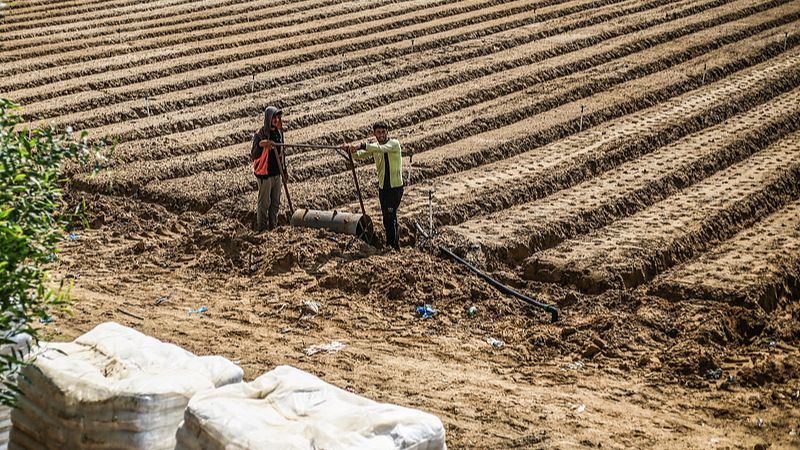Imagine once-lush fields stretching across Gaza now reduced to barren soil. A new FAO and UN Satellite Center geospatial assessment reveals that only 4.6%—a mere 688 hectares—of Gaza's total cropland remains usable as of April 2025.
The report finds that 80.8% of cropland has been damaged and 77.8% is inaccessible, with entire areas around Rafah and the northern strip off-limits. Infrastructure is in ruins: 71.2% of greenhouses and 82.8% of wells have been hit.
Before the October 2023 conflict, agriculture contributed around 10% of Gaza's economy, supporting over 560,000 people through crop cultivation, livestock and fishing. The FAO estimates the crisis has inflicted more than $2 billion in losses, with $4.2 billion needed for recovery.
"This level of destruction is not just a loss of infrastructure—it is a collapse of Gaza's agrifood system and of lifelines," says Beth Bechdol, deputy director-general of the FAO. With food production capacity at a historic low, the risk of famine looms large.
As global citizens and changemakers, understanding these figures is the first step. Long-term solutions will require coordinated humanitarian aid, investment in sustainable agriculture, and support for innovative technologies that can thrive in challenging environments.
Reference(s):
Conflict leaves less than 5% of cropland in Gaza usable, UN finds
cgtn.com



